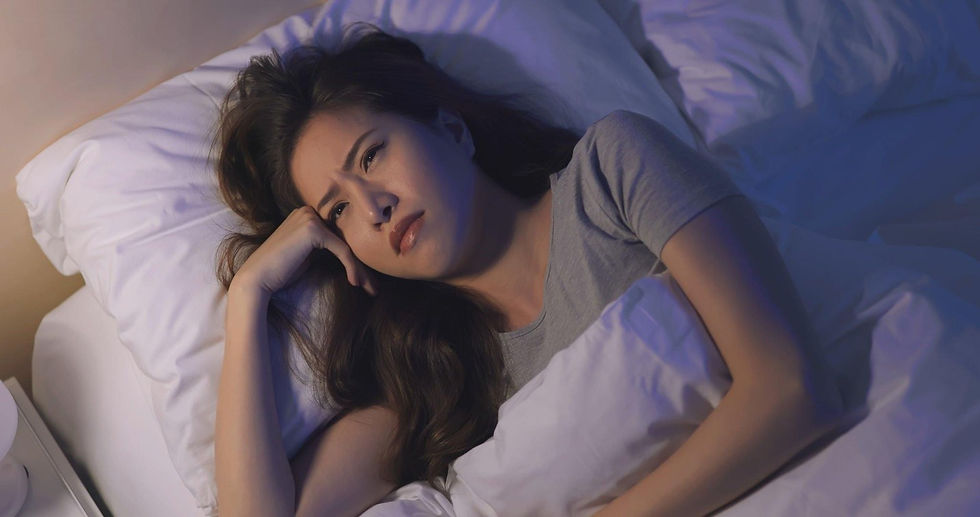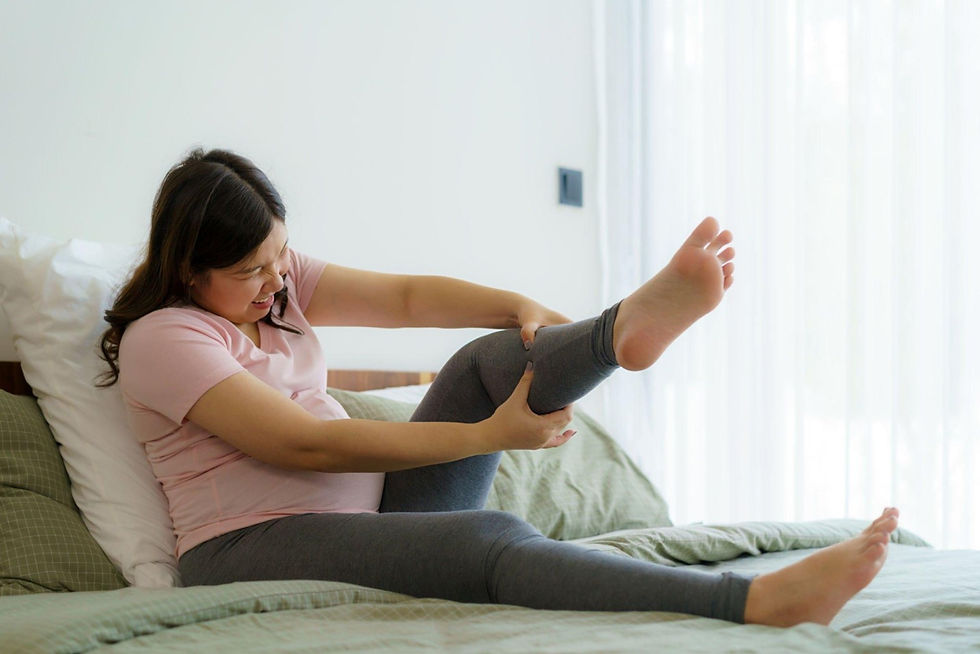
The Three Most Common Sleep Disorders After the Age of 30
As individuals progress into their 30s, they encounter new challenges, one of which is sleep-related issues.
This article will explore the three most prevalent sleep disorders that emerge after age 30: Insomnia, Sleep Breathing Disorders, and Restless Leg Syndrome (RLS). Additionally, we will provide practical strategies to address these disorders.
The Three Most Common Sleep Disorders After the Age of 30

1. Insomnia:
Causes: Insomnia becomes increasingly widespread after age 30 due to factors such as work-related stress, familial responsibilities, anxiety, depression, and hormonal fluctuations.
Improvement Methods: Establish a consistent sleep schedule to ensure an extended duration of sleep. Create a serene and comfortable sleep environment. Avoid consuming caffeine or stimulating beverages in the evening. Experiment with relaxation techniques, such as deep breathing exercises, meditation, or indulging in a warm bath.

2. Sleep breathing disorders:
Causes: Sleep breathing disorders, especially obstructive sleep apnea (OSA), become more common after age 30. Factors such as a slower metabolism, a sedentary lifestyle leading to weight gain and fat accumulation around the neck area, genetic factors, and nasal congestion (e.g., sinusitis) can contribute to this condition.
Improvement Methods: Maintain a healthy weight through diet and moderate exercise; avoid alcohol and smoking; adjust sleeping positions to favour side sleeping; consult a doctor for appropriate treatments such as continuous positive airway pressure (CPAP) therapy.

3. Restless leg syndrome (RLS):
Causes: Restless leg syndrome (RLS) is a neurological disorder that becomes more prevalent in people over 30. Factors such as genetics, iron deficiency anaemia, neurotransmitter imbalances, and pregnancy in females can contribute to the development of RLS. Symptoms include discomfort, a crawling sensation, numbness, burning, itching, or aching in the legs, which are relieved by movement.
Improvement Methods: Maintain a regular sleep schedule, avoid staying up late and excessive fatigue; minimise caffeine and alcohol consumption; incorporate regular exercise and relaxation techniques such as leg massages, foot baths, and movement to alleviate RLS symptoms.
If you frequently suffer from insomnia and have tried various methods, we recommend trying our natural therapy. Jeppo Health Sweet Dreams is designed to alleviate stress, induce sleepiness, promote deep sleep, and regulate the immune system. It is suitable for all age groups, including infants, children, and older people. Click here to access 🔗Jeppo Health Sweet Dreams

Comments